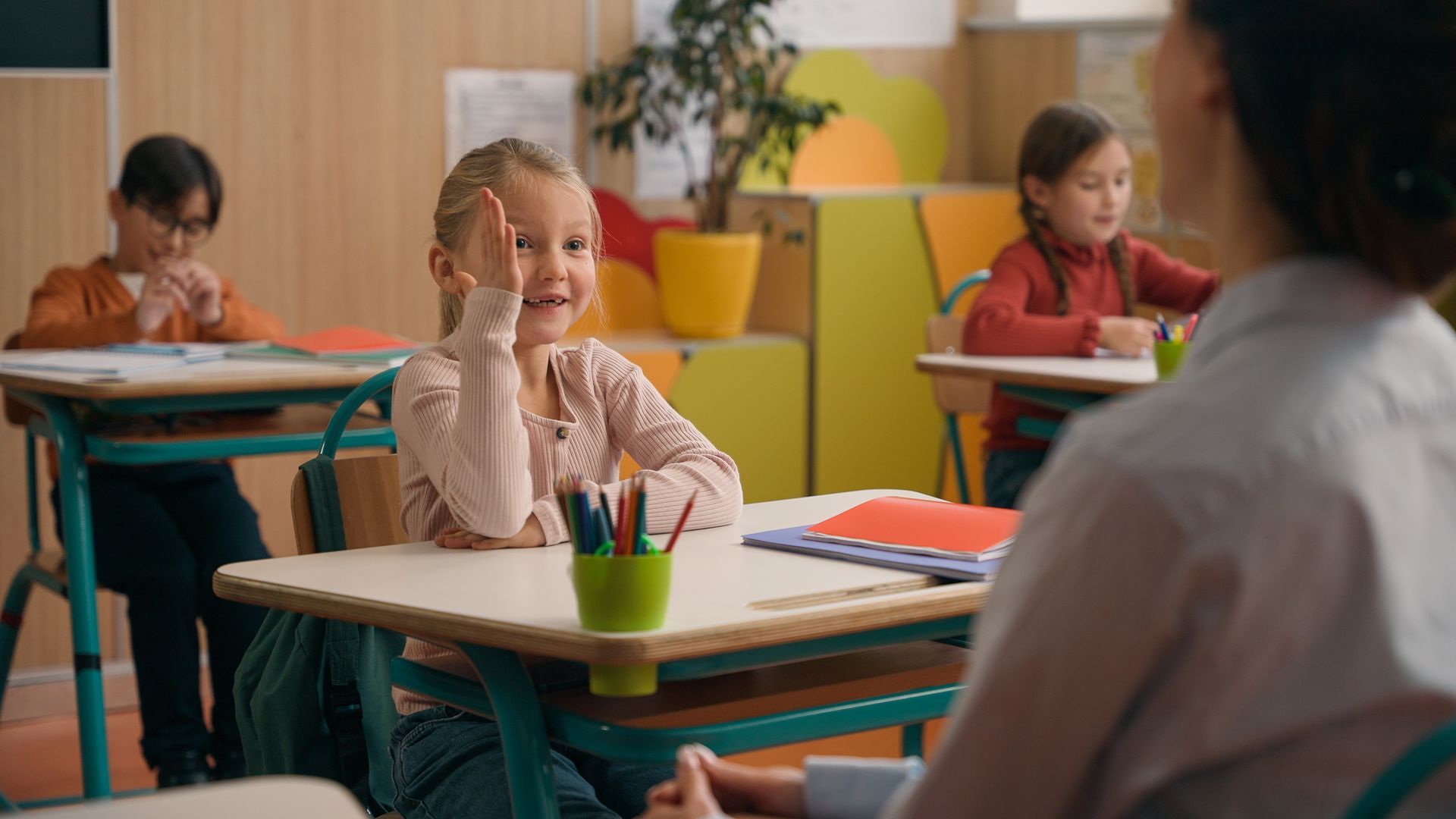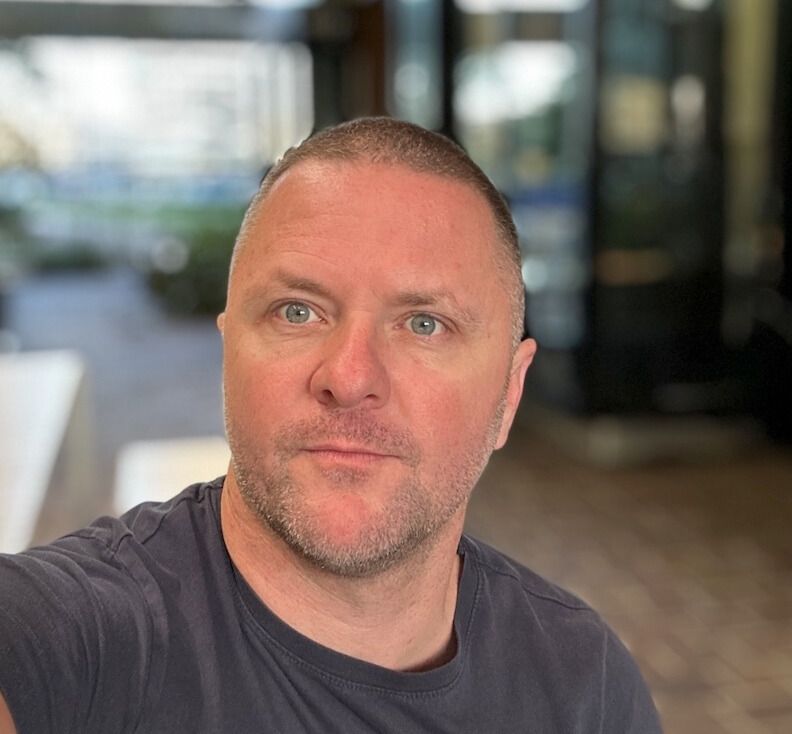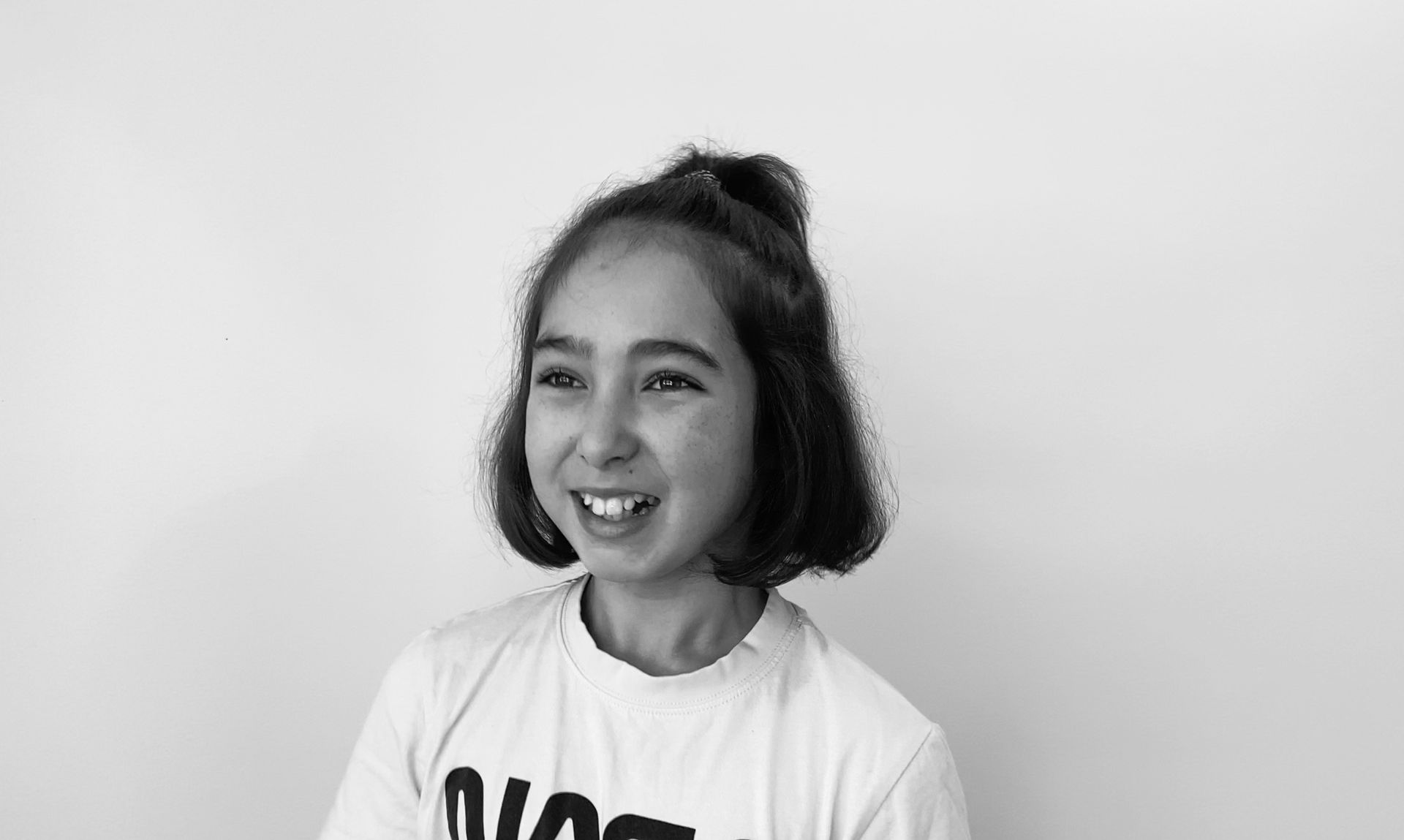Supporting your Gifted Child
Gifted children, like all children, deserve to receive an education in line with their abilities—an education that provides them with the opportunity to reach their full potential. To support your child to help them to achieve their full potential is giving your child your voice to help them on this journey. The United Nations Convention on the Rights of the Child (1989), along with statements from educational providers including Australia’s Mparntwe Education Declaration (Council of Australian Governments Education Council, 2019) specify the need for provision of opportunities to enable all students to achieve their full potential.
Given this, it is reasonable to expect that your gifted child will be excited about and interested in school; that they will be allowed a reasonable amount of time to work with like-minded peers on material that challenges them; and will be taught by teachers who have some understanding of the needs of gifted students.
What do I need to know to support my gifted child?
Learn as much as you can from many sources of information; look at the websites of gifted organisations; read the policy statements from your school and education system in which your child is enrolled; find out about the common myths surrounding educating gifted children(Gifted and Talented Association of Montgomery County, 2010, Feb 24) and how to dispel these myths; investigate widely (National Association for Gifted Children, 2018) and consider attending gifted education seminars, webinars and conferences on gifted children and their education; learn some of the language and words that educators might use, and be prepared to ask them to define what they mean if you don’t understand during a meeting. Find out what education systems provide for gifted children – from opportunities such as selective schools to participating in challenges and competitions, and everything in between.
How should I approach my child’s school?
Start by making an appointment, let them know the subject of the meeting, how long you need and who you might like to attend the meeting with you. Try to meet the classroom teacher/s first, before meeting with the principal. Be prepared to provide background information in advance of the meeting to give the school a chance to do some preparation. This recognises the professionalism of those teachers you are meeting and reduces the need for them to respond to you without preparation.
Consider whether you would like your child to attend the meeting – this will depend on a number of factors, including the age of the child, the child’s level of confidence, their capacity to verbalise their needs and the comfort level of the people you are meeting.
If you think that having a support person with you for the meeting would be helpful, do not be afraid to advise that this person will also be attending.
If the first meeting with the class teacher is not as successful as you would like, think about who else might be involved in a future meeting, such as: grade supervisors, the principal, a gifted education specialist, or an educational psychologist.
What should I do to prepare for the meeting?
Apart from knowing enough to talk confidently about your gifted child and their needs, prepare and plan your meeting. Know what you want to achieve (making sure that this matches with your child’s desires) and how you are going to put your case to achieve it. Practice at home, in front of a mirror, moderate your voice pitch – don’t shout, but don’t whisper, and know your weak points – what might be an emotional trigger and where you might need to pause for breath. Don’t be afraid of silence in your meeting while you gather your thoughts.
Anticipate objections and have prepared responses – the objections will probably be the common myths and misconceptions about gifted children and their education. Don’t forget – you don’t have to do this on your own – you are absolutely able to take a support person with you, and have someone help you prepare.
Find out what you can about the people you are meeting and analyse your own values and beliefs in respect of what you are advocating for.
And what about in the meeting?
Approach the meeting positively and build a relationship with those with whom you are meeting. Try to remain calm and speak confidently.
Be prepared to identify how you want to move forward: what are you hoping to achieve for your child? What sort of time frame can you agree upon and when will you meet to follow up? You may like to request a copy of the meeting outcomes in writing and show thanks to the people with whom you met.
Where can I get support?
The education system in which your child is enrolled may have staff who are gifted education specialists and the school or system may have specific programs, groupings or structures for gifted students.
Every school has access to above-age curriculum, whether on campus or online, and every teacher should be able to provide the right curriculum for your child, although for highly gifted students acceleration may need to be considered.
All Australian states and the ACT have gifted organisations – join the one in your state so you can benefit from the support and information that they can provide.
What are my options if working with the school is unsuccessful?
If advocacy with the school is unsuccessful you could consider contacting those responsible for the education system in which your child is enrolled; or you could explore other schooling options, including home schooling. You may want to contact your local association for the gifted for advice and support.
References
Council of Australian Governments Education Council. (2019).
Alice Springs (Mparntwe) Education Declaration. Melbourne, Australia: Australian Government. Retrieved from
http://www.curriculum.edu.au/verve/_resources/National_Declaration_on_the_Educational_Goals_for_Young_Australians.pdf.
Gifted and Talented Association of Montgomery County. (2010, Feb 24). Top ten myths in gifted education [Video file]. https://youtu.be/MDJst-y_ptI
National Association for Gifted Children. (2018). Parent tip sheets. National Association for Gifted Children,. Retrieved 14 June from https://www.nagc.org/resources-publications/resources-parents/parent-tip-sheets
United Nations Convention on the Rights of the Child. (1989, November 20). https://www.ohchr.org/en/professionalinterest/pages/crc.aspx
Disclaimer: The views and opinions expressed in this blog are those of the author and do not necessarily reflect the official policy or position of the AAEGT.
Share this resource
Resources












